Answers to Your Questions About Growing a Cut Flower Garden
I get questions all the time about growing a cut flower garden. Today I’ll be answering some of the questions you’ve been asking, just in time for the beginning of the new gardening season.
Growing a cut flower garden may be easier than you think.
I get more questions about this subject than any other gardening topic. Let’s look at some of the questions I’ve been asked about cut flower gardens. Hopefully, you’ll get the answers you’ve been looking for.
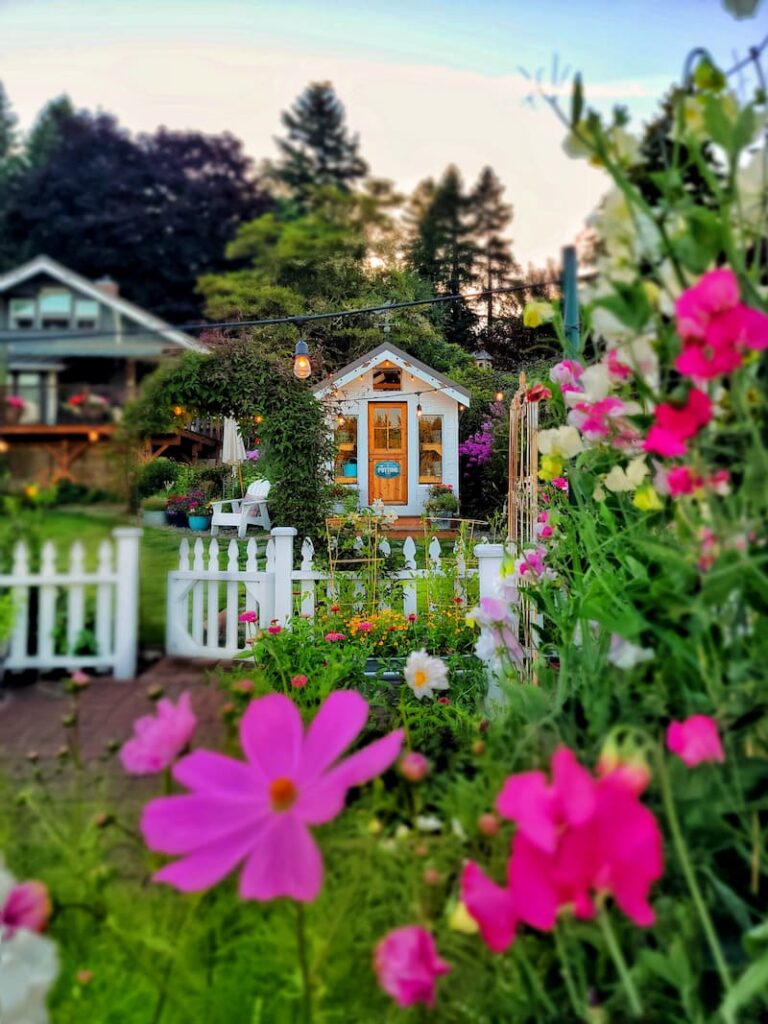
As an Amazon affiliate, I earn from qualifying purchases at no extra cost to you. My blog contains other affiliate links for your convenience as well. Click here to read my privacy policy.
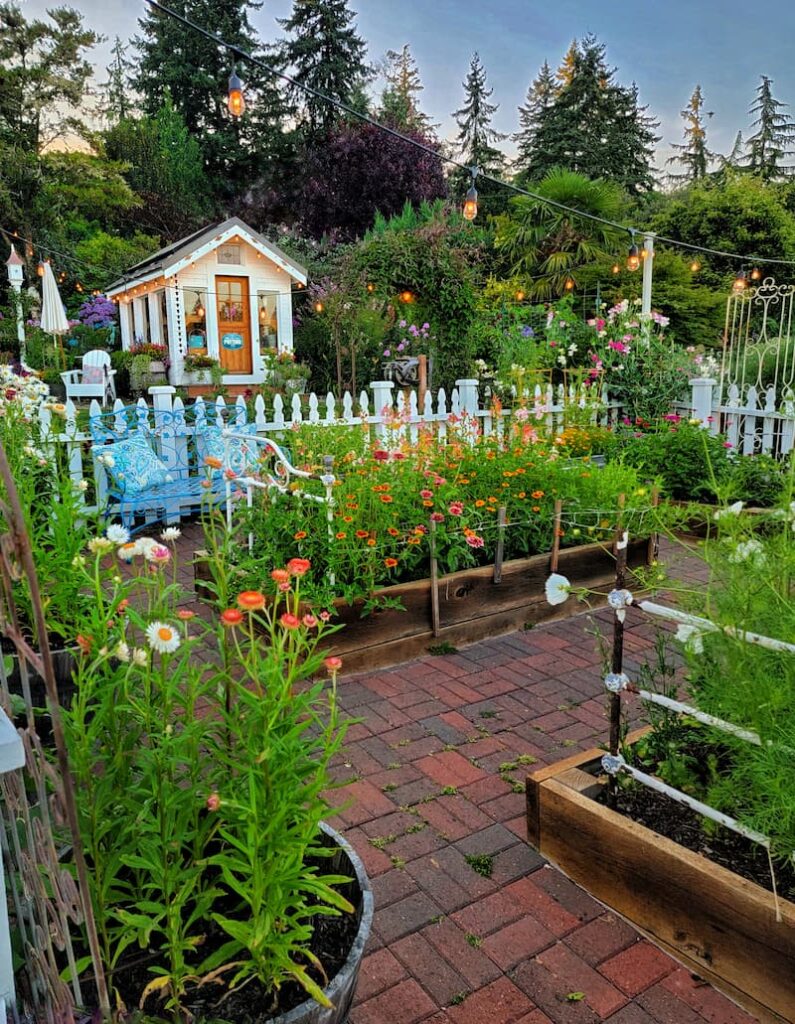
How Much Space Do You Need to Grow a Cut Flower Garden?
Cut flower gardens can be as big or small as you want them to be.
If you are lacking space, you can create a garden using just a few containers. Even if you have the room for a much bigger garden, you may want to keep it scaled down the first year before committing to more than you might be able to handle.
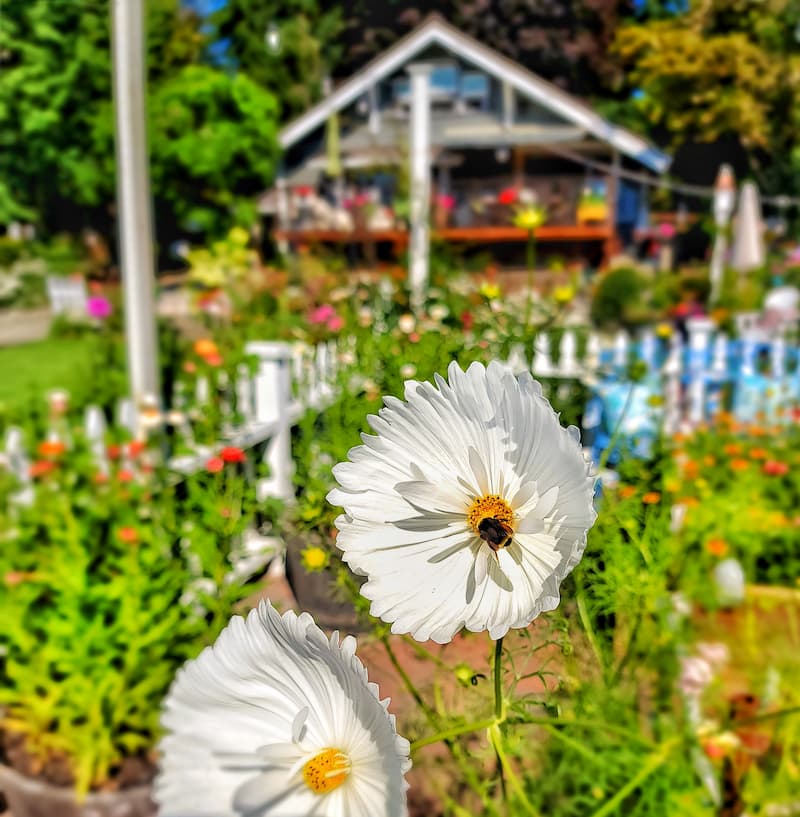
How Do I Pick Which Flowers to Grow in My Cut Flower Garden?
Before you make any decisions on which flowers to grow, find out your USDA Plant Hardiness Zone, which is the standard by which gardeners and growers can determine which plants are most likely to thrive at a location.
Knowing your last frost date is important so you know when you can start sowing seeds and planting your plants.
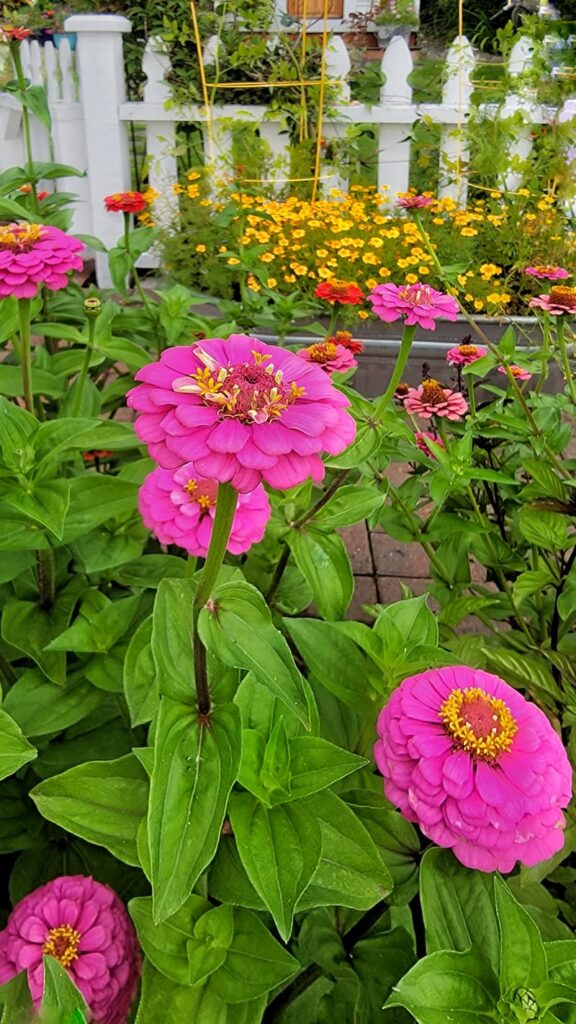
Factors to Consider
Choose flower varieties based on your available sunlight, soil type, and climate.
Look for plants that will do well with the amount of light your garden area will get. Most cut flowers that I grow need at least 6 hours of direct sun per day to thrive. Any garden that has less than 6 hours of sun should grow shade-loving plants.
There are even specific flowers that are…
Seed Starting Supplies
Check out my favorite supplies and tools for starting seeds indoors. Whether you’re looking for grow lights or a seed starting mix, you’ll find what I use in my own greenhouse.
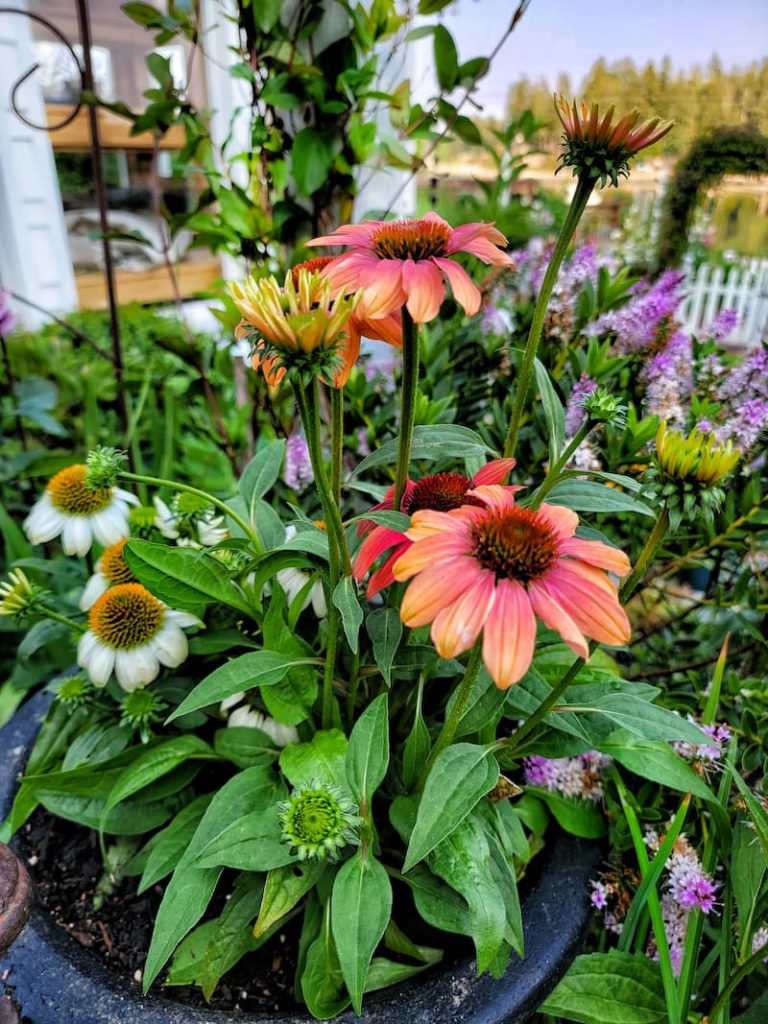
What is the Difference Between an Annual and a Perennial?
Both annuals and perennials play a large part in any flower garden.
Annuals
These flowers bloom for a longer period but only for a single growing season. These flowers come in handy when the garden is in a seasonal transition and there aren’t as many perennials blooming.
The downside to annuals is that you have to purchase and replant them each year. This means you’ll have to repurchase and replant next year.
Perennials
Perennials come back every year but usually only bloom for a portion of the growing season. They usually need pruning as well.
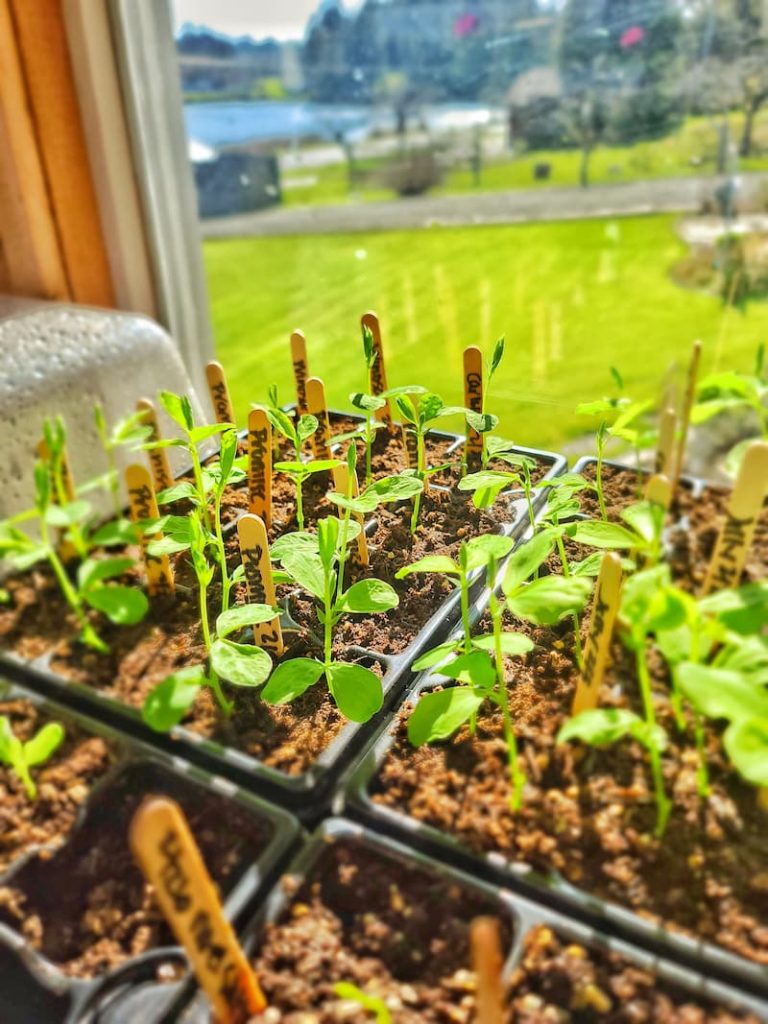
Should I Start Plants From Seed or Buy Starts at the Nursery?
Only you can answer this question but here are the pros and cons for each.
Growing Seeds
Buying Seed Starts
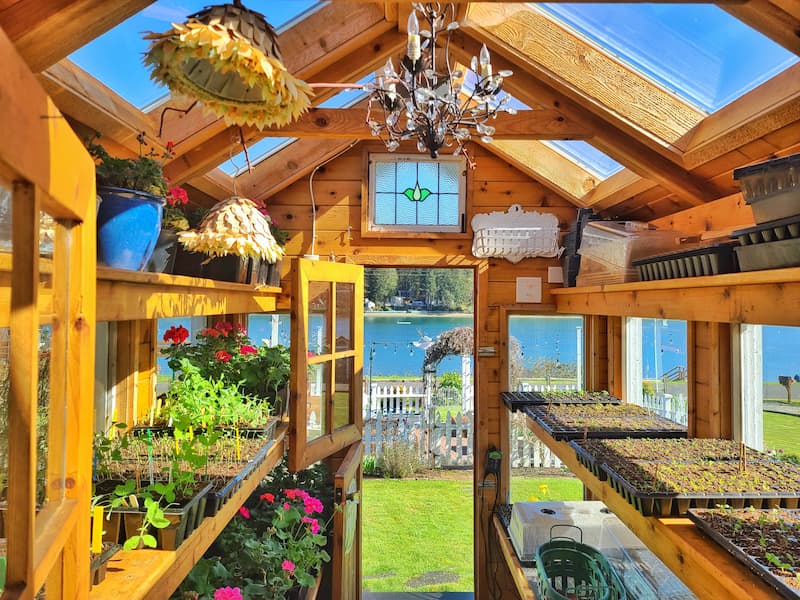
Can I Grow Flowers From Seed Without a Greenhouse?
The good news is that you don’t have to have a greenhouse to start seeds for your cut flower garden.
Although I start the majority of my seeds inside the greenhouse, there are other options if you don’t have one. Many gardeners grow plants in their basement, garage, or kitchen. I would highly recommend purchasing grow lights if you don’t have natural light.
You can put a few trays on top of the fridge or radiator, to encourage seeds to sprout more quickly. If you have the room, I would suggest buying a heat mat. Starting seeds indoors will allow you to transplant much larger, more established plants into the garden.
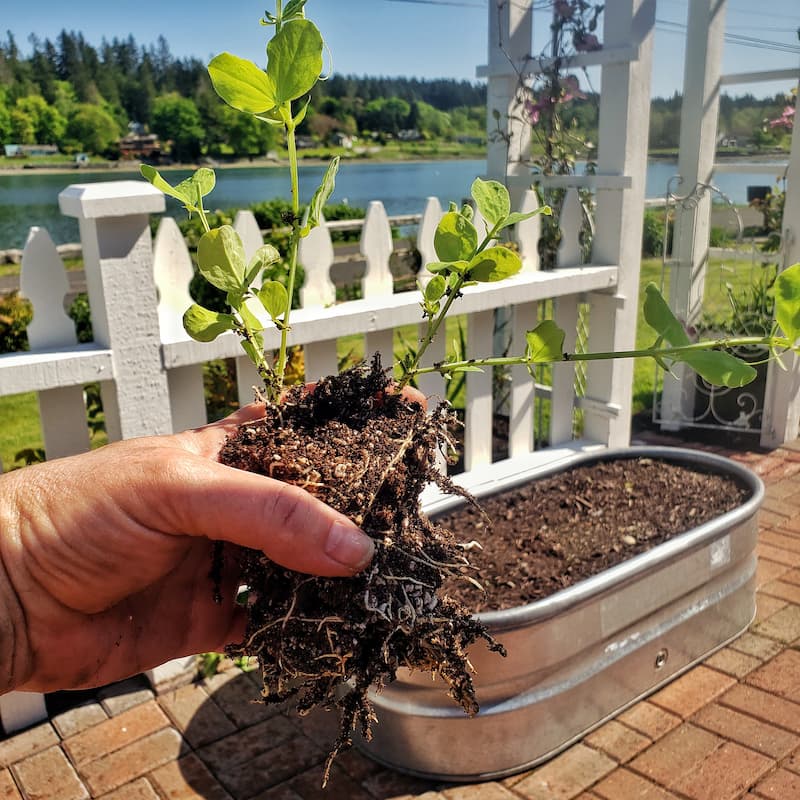
How Do I Know if I Need to Sow Seeds Inside or Directly in the Garden?
Your cut flower garden seed packet will usually have information on the back of the seed packet. You’ll be instructed to either sow seeds indoors or directly plant them in the garden.
Many hardy annuals do not like being transplanted, and do best when sown directly into the soil, which the seed packet will state.
For certain varieties of flower seeds, you’ll have the choice to either direct seed or start indoors. If you choose to start seeds indoors, you can speed up germination for these cold-tolerant varieties, such as Larkspur, by chilling seeds in a refrigerator or freezer for a week before sowing.
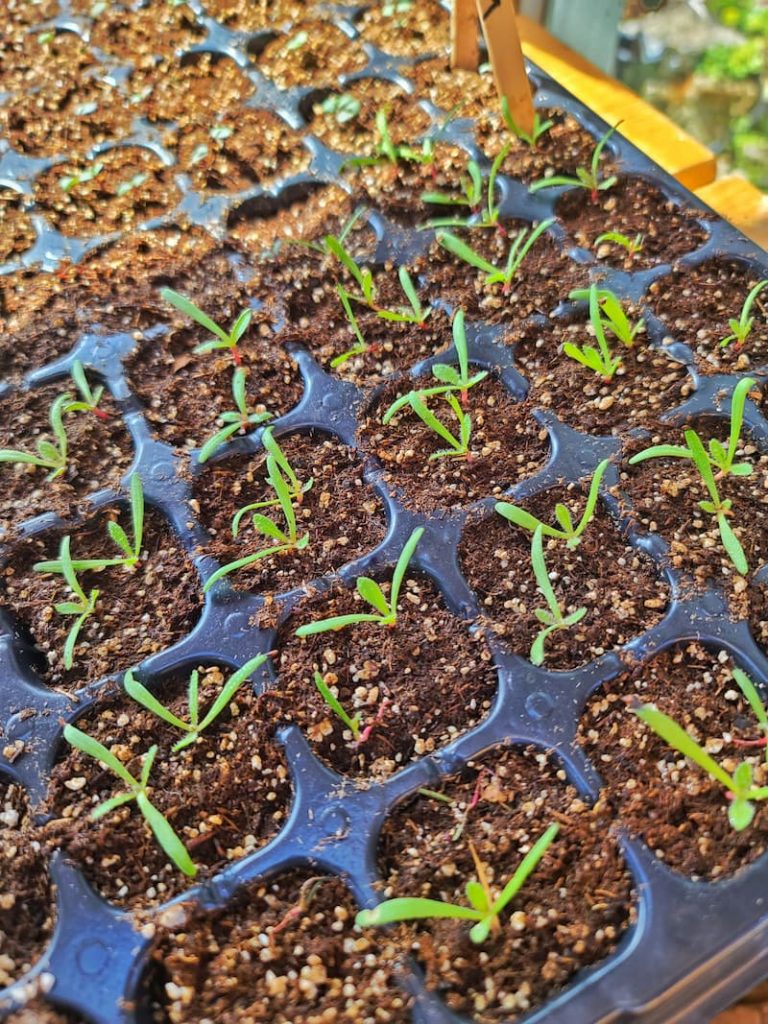
When Should I Start Sowing My Flower Seeds?
Read the recommended seed sowing times on the back of the seed packet, or the catalog descriptions to know when the best time is to sow your seeds. Varieties such as sweet peas and pansies need to be started as early as 10-12 weeks before your last frost date.
Most of the seeds I chose will be started 4-6 weeks before my last frost date, but I’ll be sowing seeds anywhere from 4-12 weeks before.
Note: If you sow the seeds too early, and the weather is still too cold to transplant, your seedlings may become too big for their containers, causing your plants to become root-bound.
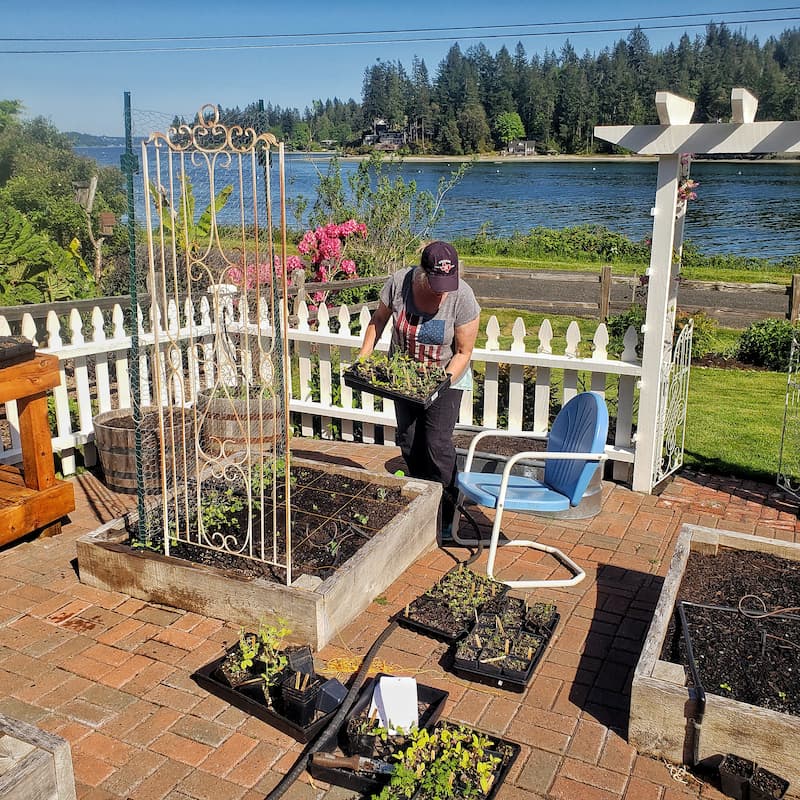
When Can My Seed Starts Be Transplanted in the Cut Flower Garden?
After amending your garden beds, laying the irrigation lines, and managing the weeds, it’s finally time for the moment we all have been waiting for.
You’ll need to prepare your seedlings for the transition outside. It is crucial to “harden off” your seed starts to prevent them from going into shock by the sudden change in temperature. If you suddenly take these starts from that warm space they’ve been used to and expose them to bright sun, the wind and temperature swings in the open garden will be stressful to the plant.
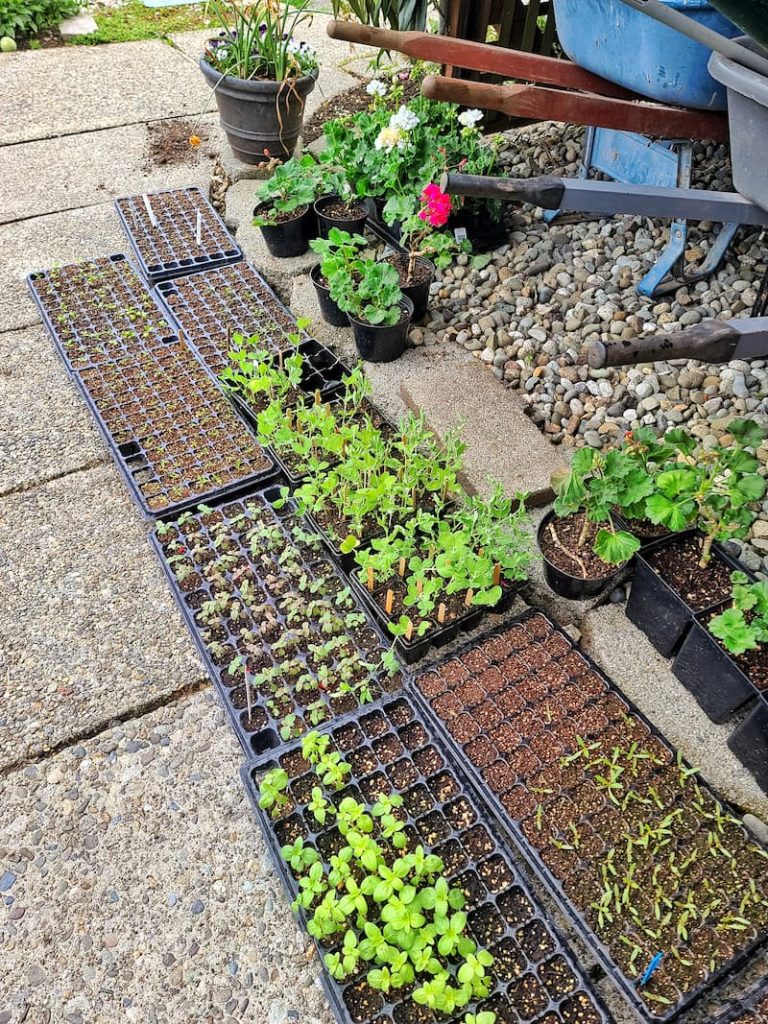
For a couple of weeks, set the pots and trays outside in a sheltered area, increasing the amount of time they are out each day. This will help acclimate the seedlings to their new outdoor environment and temperature fluctuations. Once all danger of frost has passed, they can be transplanted in the garden.
Use the garden plan you’ve created to space your seeds or plants. When planting your seedlings, make sure the plant’s crown is at or just slightly above the soil surface. It’s so important that the plants don’t get stressed after they’re in the ground and rooting in.
Water all new plants deeply and right away.
Give your young plants a weekly application of liquid seaweed and fish emulsion. It will lessen transplant shock and build up their immune system.
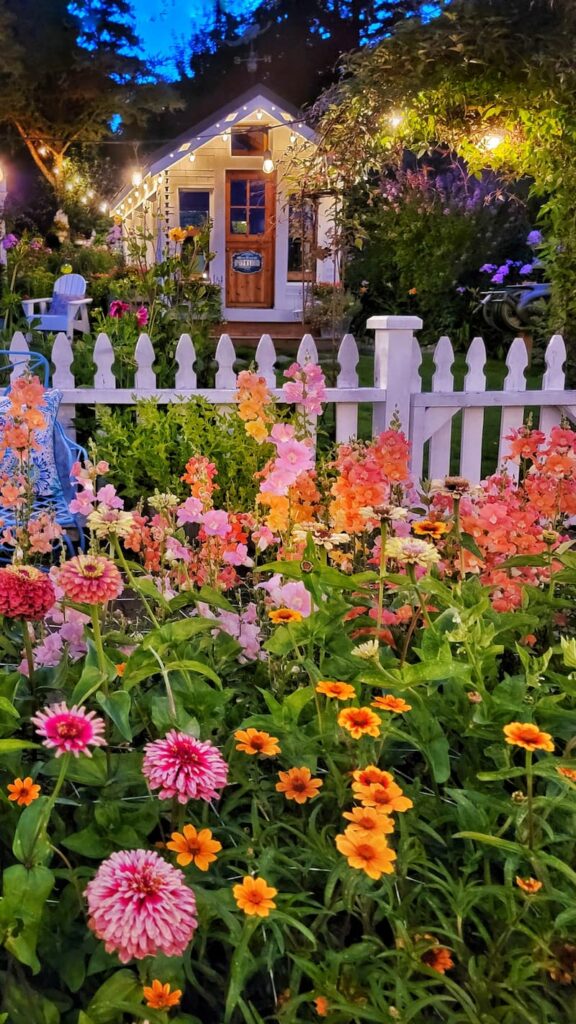
What’s the Best Way to Water My Cut Flower Garden?
The most efficient way to water your garden is by using a drip system or soaker hoses or even hand watering with a hose and nozzle. They slowly bring the water to the plant’s roots before evaporating and your plants will only need a quarter of the water they would need with overhead watering. When you get the foliage wet, the plant is more susceptible to fungal disease.
Avoid sprinklers, which aren’t good at reaching the roots and soil under the leaves. With the annual flower’s shallow root systems and quick growth, they will need to be watered more often than perennials which have deeper roots.
An inch of water per week is enough for cut flower gardens. Stick your finger in the soil every day or two and water when you find the top inch of soil dry. When you do water, make sure to water deeply.
Water in the morning hours before the sun starts heating the garden. When watering in the afternoon, you risk the water evaporating before hitting the plant’s roots causing the leaves to burn.
‘Growing a Cut Flower Garden’ Series
Learn about the ins and outs of growing a cut flower garden this year. Click the button below to be taken to the entire series of blog posts and choose what is interesting to you.
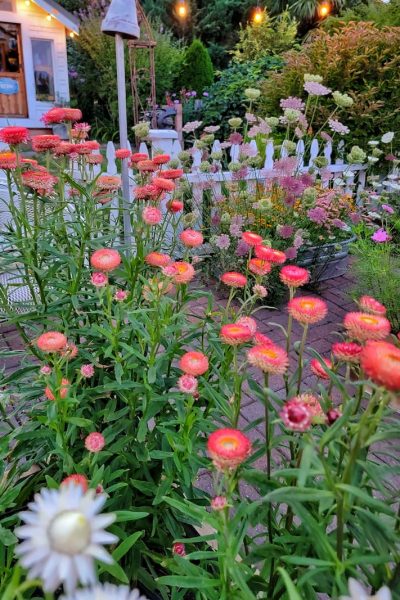
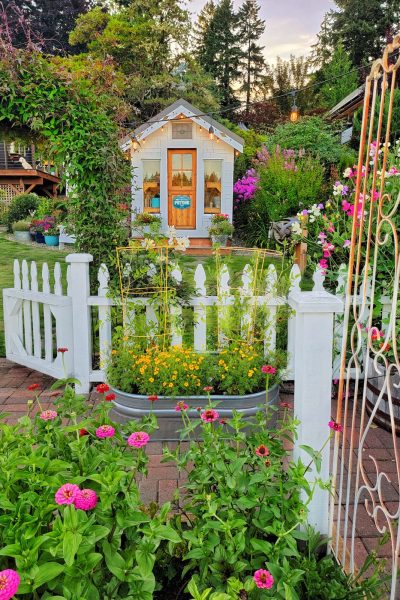
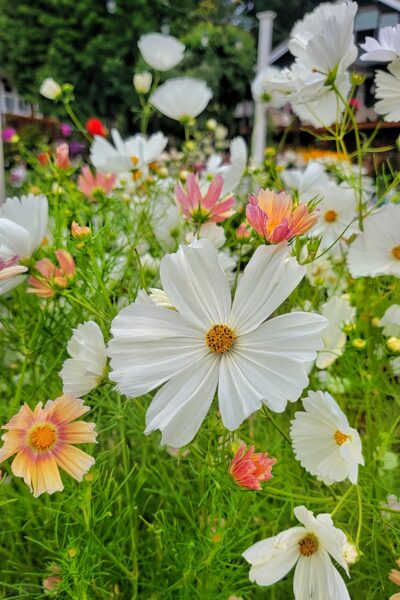
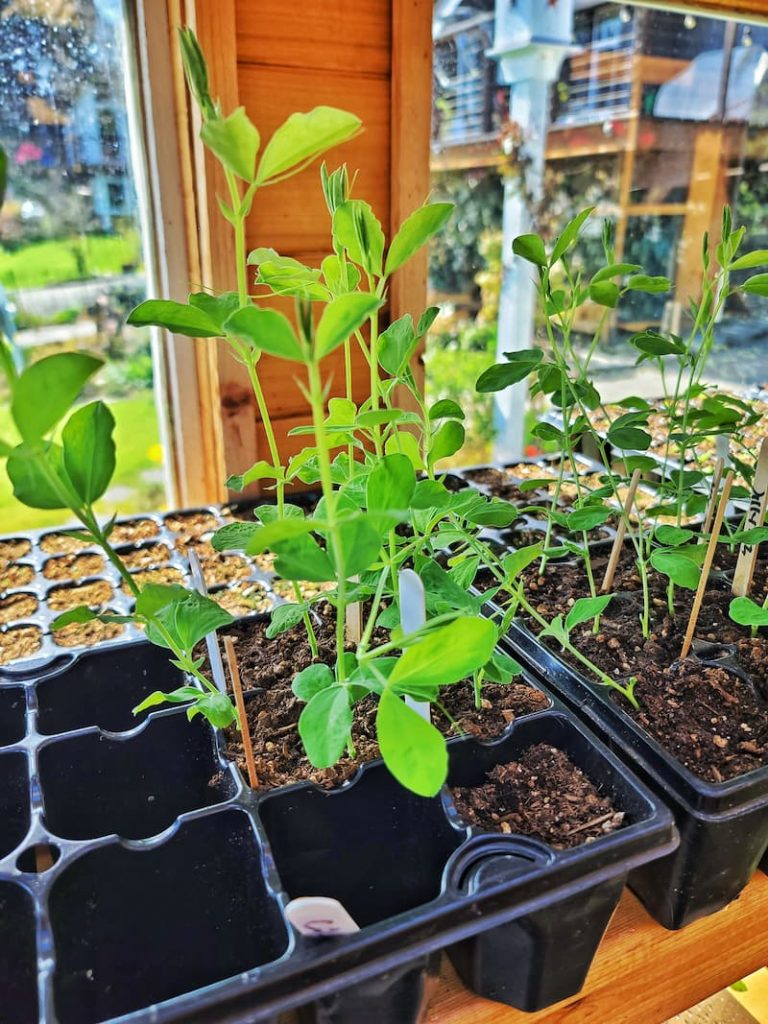
What is Pinching?
Pinching is really just snipping off the top 3-4 inches of a young plant when it’s between 8-12 inches tall. This encourages the plant to produce more branches near the base which will increase the number of flowering stems per plant.
Pinch annual plants that produce flowers on multiple stems such as sweet peas, dahlias, cosmos, and snapdragons.
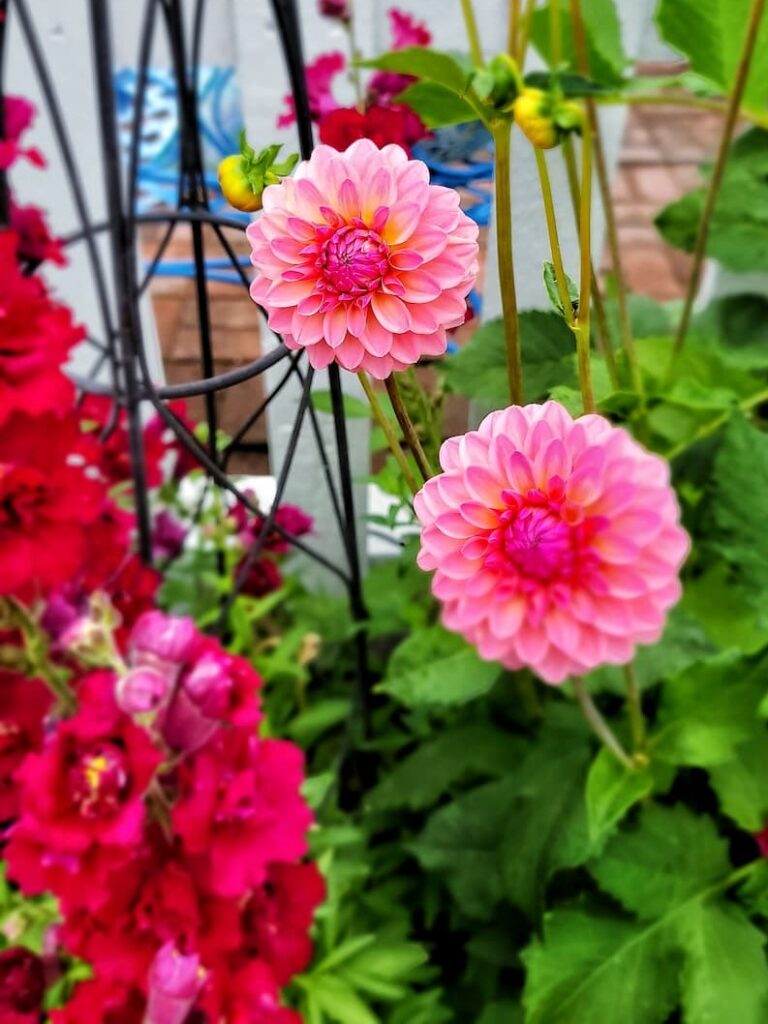
Will My Flowers Keep Blooming Even After I Cut Them?
Deadhead any spent blooms regularly to help encourage the plants to focus their energy on producing new flowers instead of maintaining the old ones. It also keeps the plant from wasting water and nutrients on the end-of-life blooms.
Remember, the more you cut, the more they will bloom!
Garden Supplies and Tools
Check out my favorite garden supplies and tools for the growing season. Whether you’re looking for potting soil or deer repellent, you’ll find what I use in my own garden.
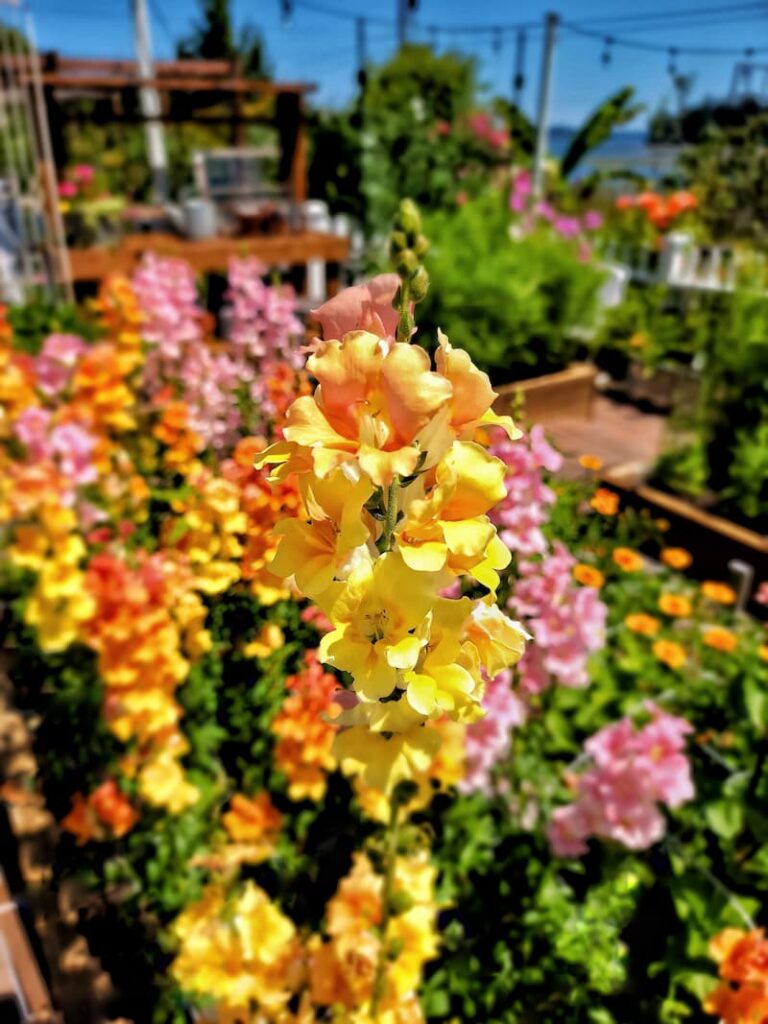
I hope that I was able to answer some of your questions about growing a cut flower garden.
If you have any questions or additional suggestions, please share them in the comments below. And be sure to share this blog post link with anyone who may find these gardening tips useful.
Until next time,
Happy Gardening!

I’m a self-taught hobby gardener. Everything I share on my blog is my opinion and what has worked for me.
Follow Me for More Inspiration
Shop my Amazon Storefront, LTK sources, and my favorite home decor, garden, and lifestyle products. When you purchase from one of my links, I earn a small commission, which helps me continue sharing all the content you expect on my blog.
Be sure to follow me on Pinterest, Instagram, Facebook, TikTok and LIKEtoKNOW.it. Do you like gardening? Join my Facebook Gardening Tips & Tricks group.

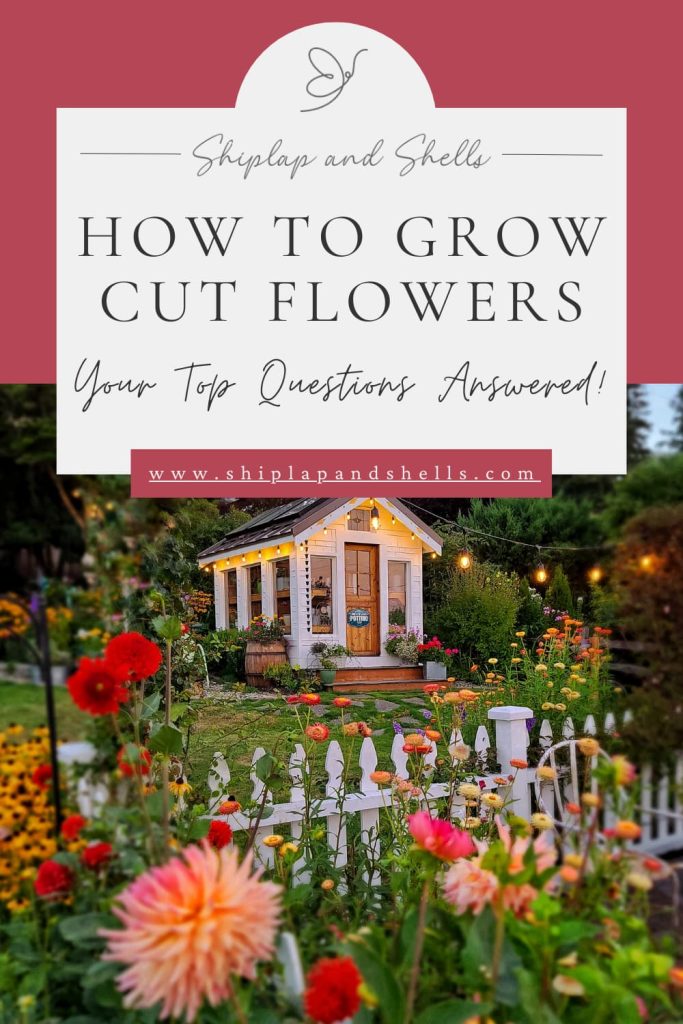

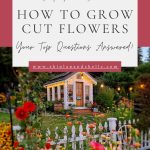
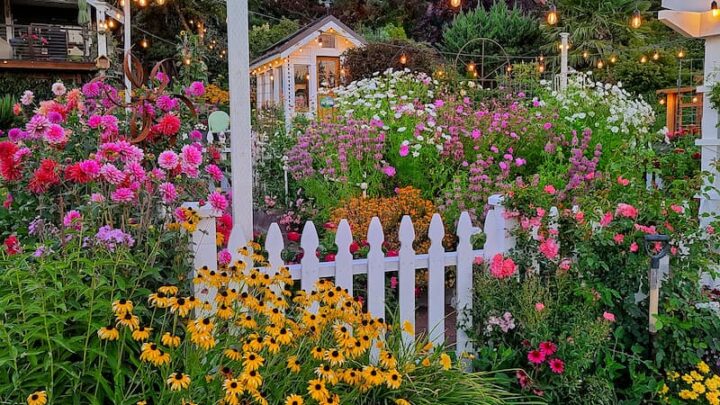
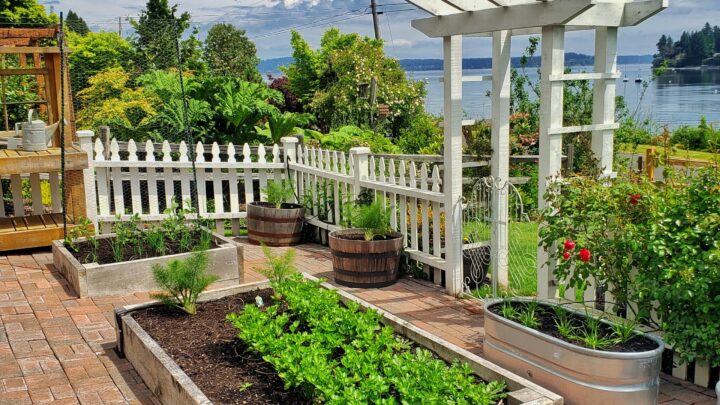
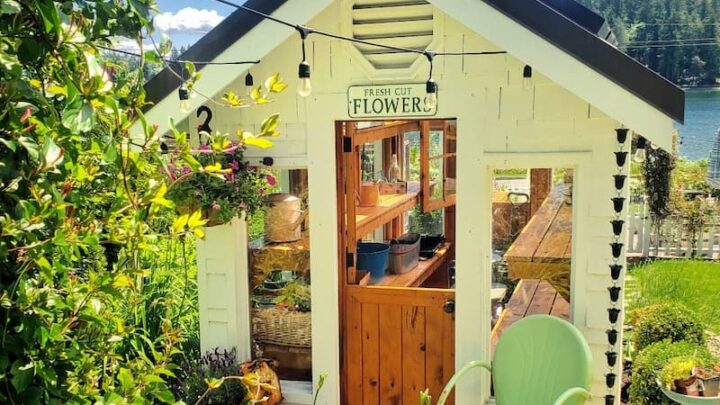
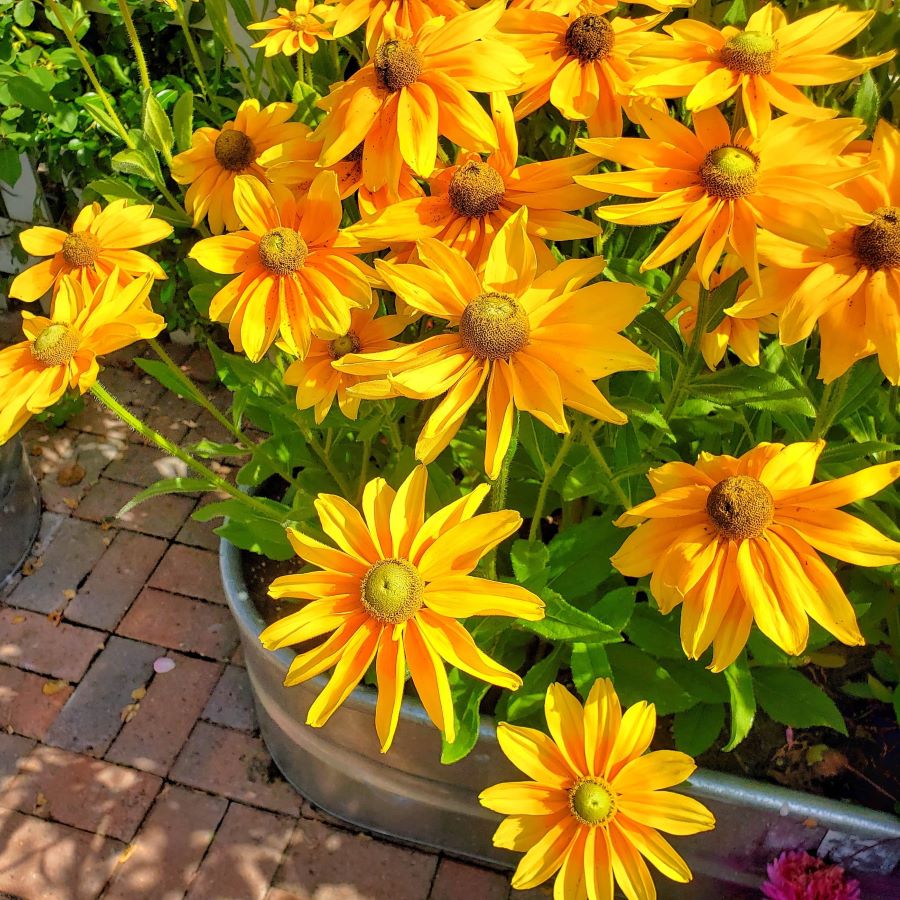
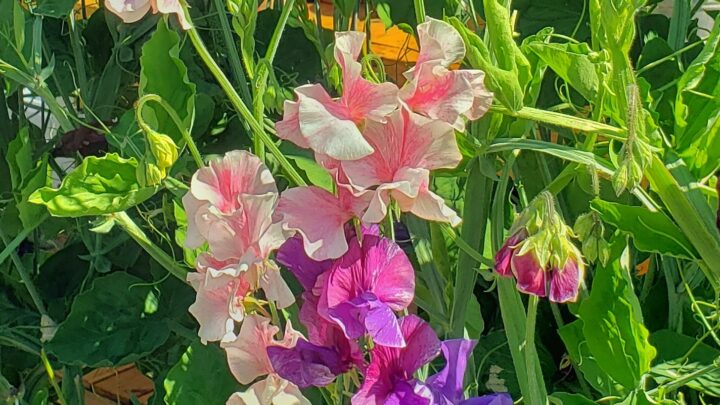
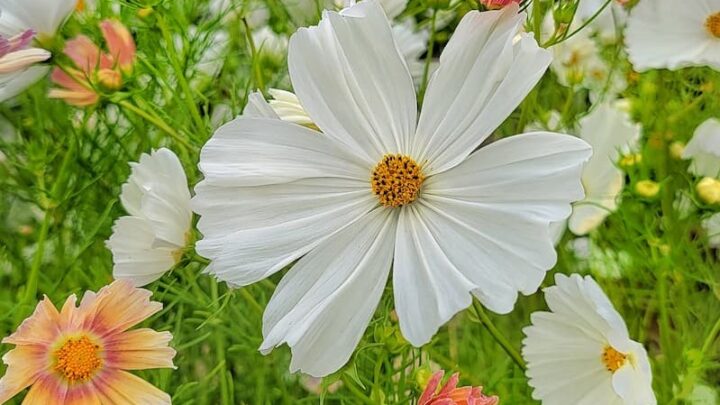
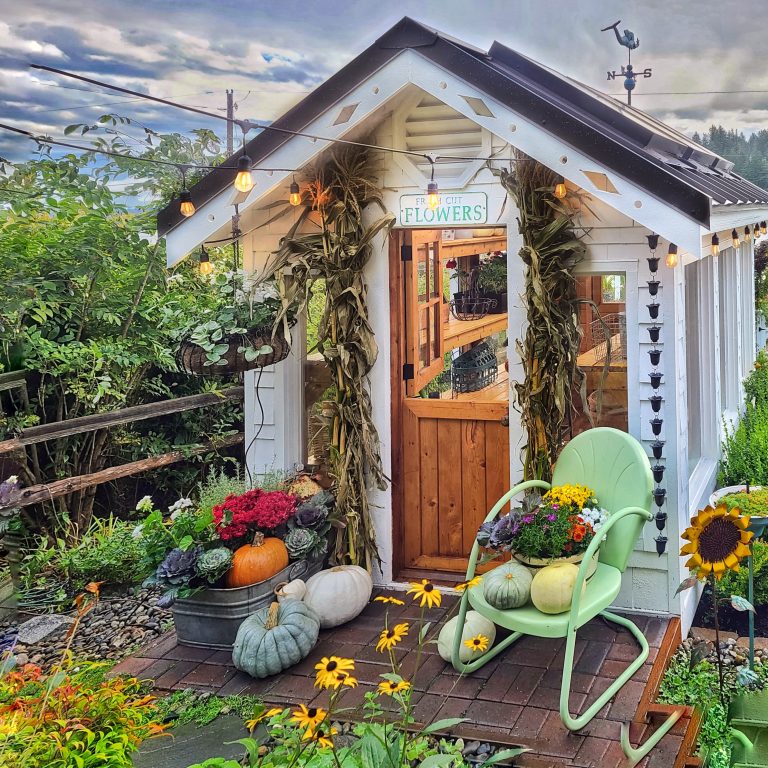
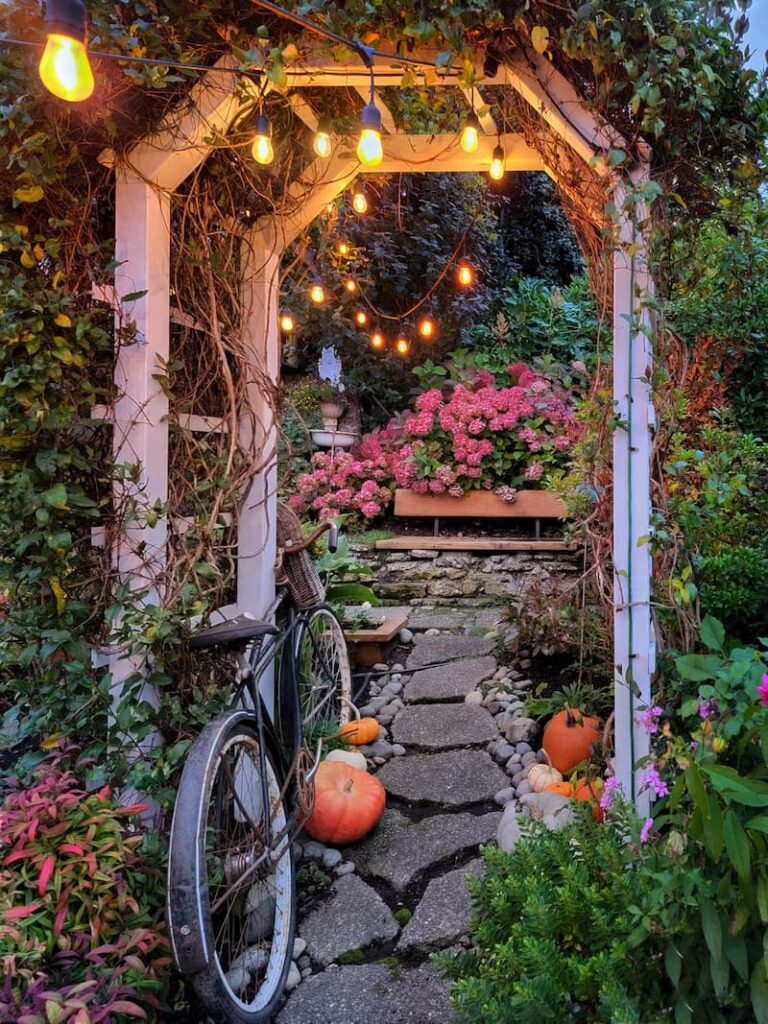
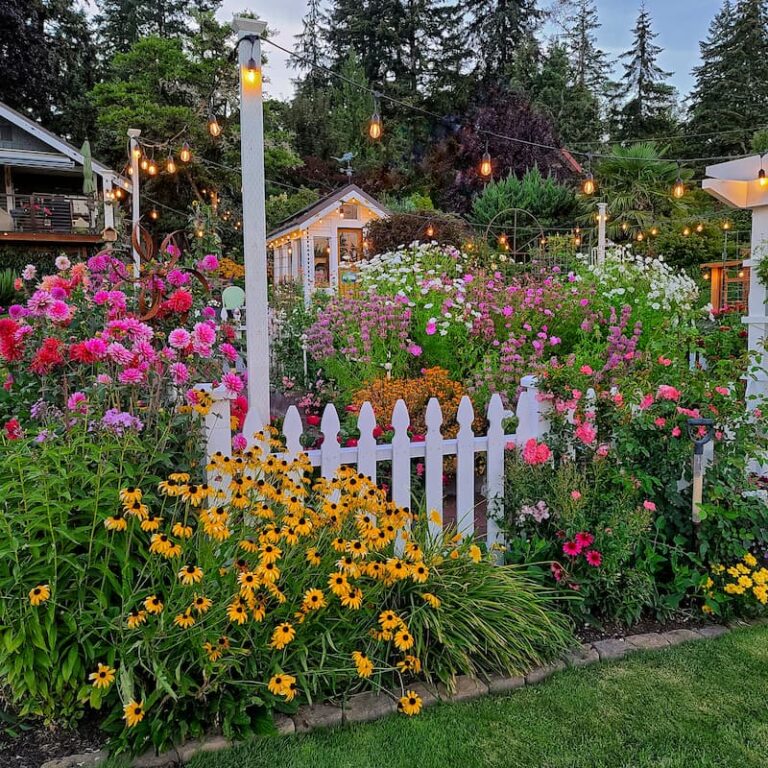
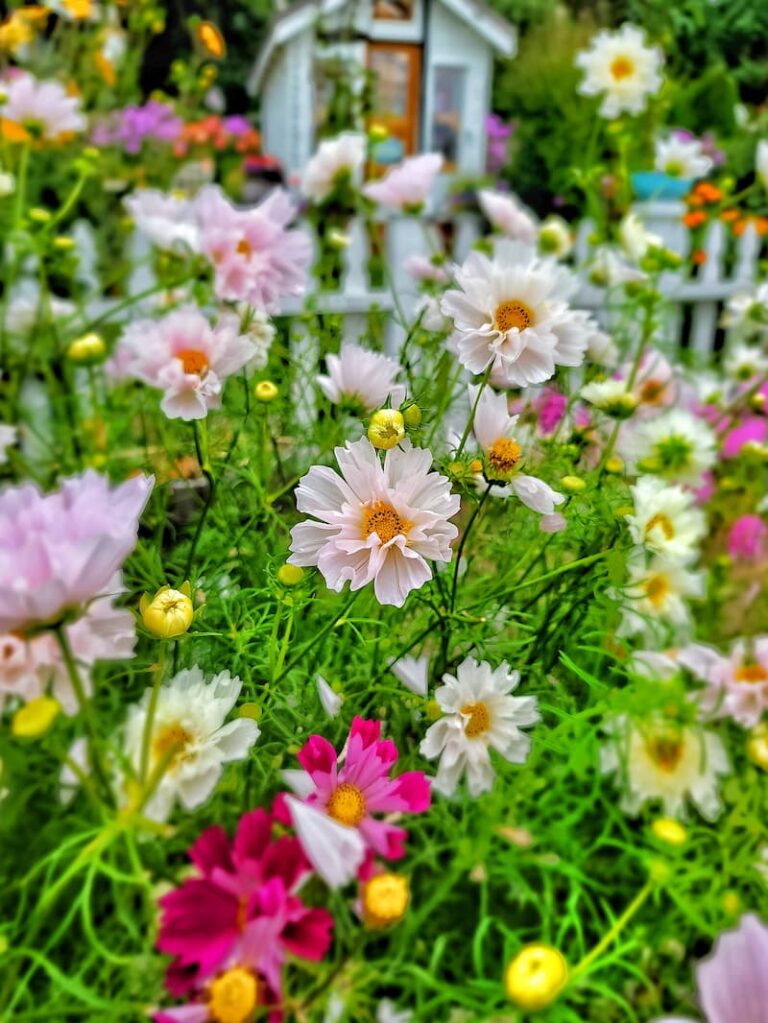
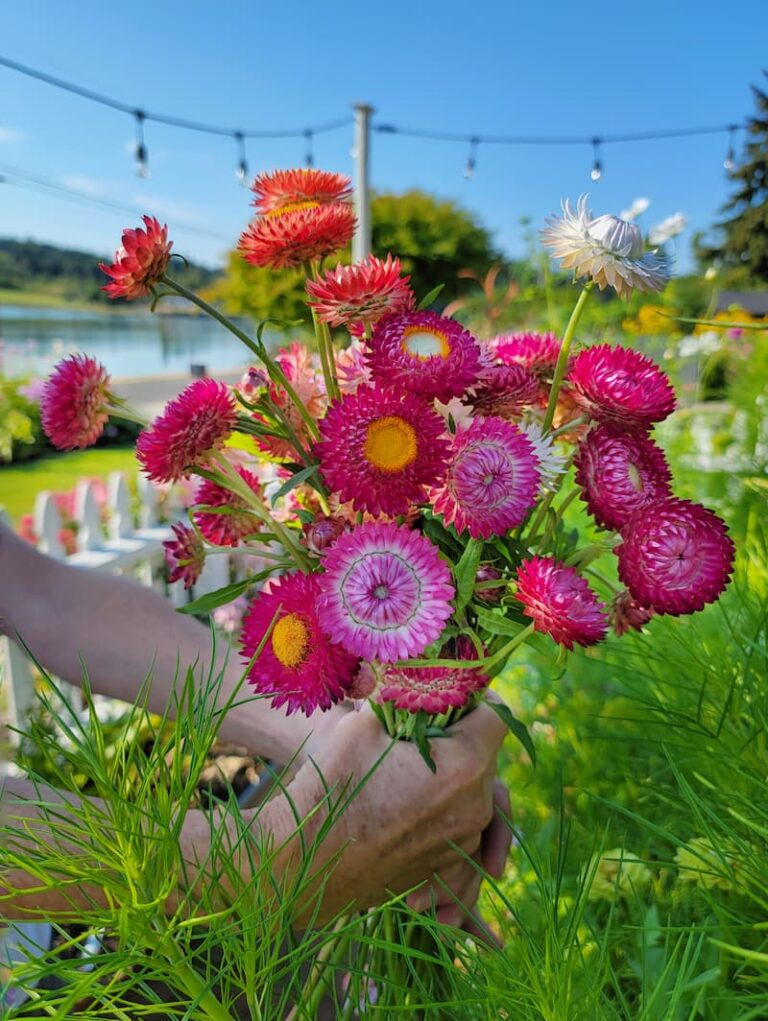
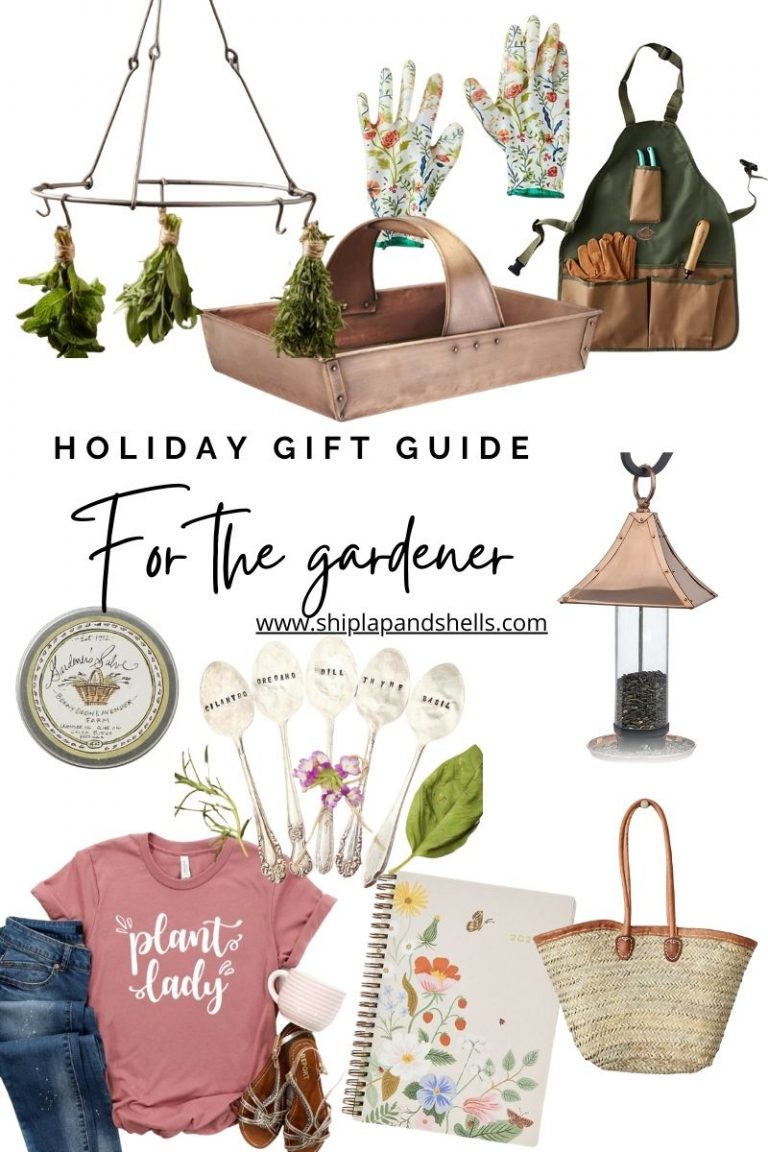
Kim, so many great ideas my friend! Such sound advice about knowing what zone you are in. I just drool over your beautiful garden! All your efforts pay off??❤️
You are so sweet, Dee. Thank you so much for visiting.
Kim, I loved reading this post about growing your own Cut Flower Garden!
Lots of wonderful information and the photos from your garden are just gorgeous! ❤️
Thank you so much, Jody. So appreciative of you visiting.
Kim,
Another great post. I’m sharing a link on Sunday’s Dirt Road Adventures.
Thank you, my friend.